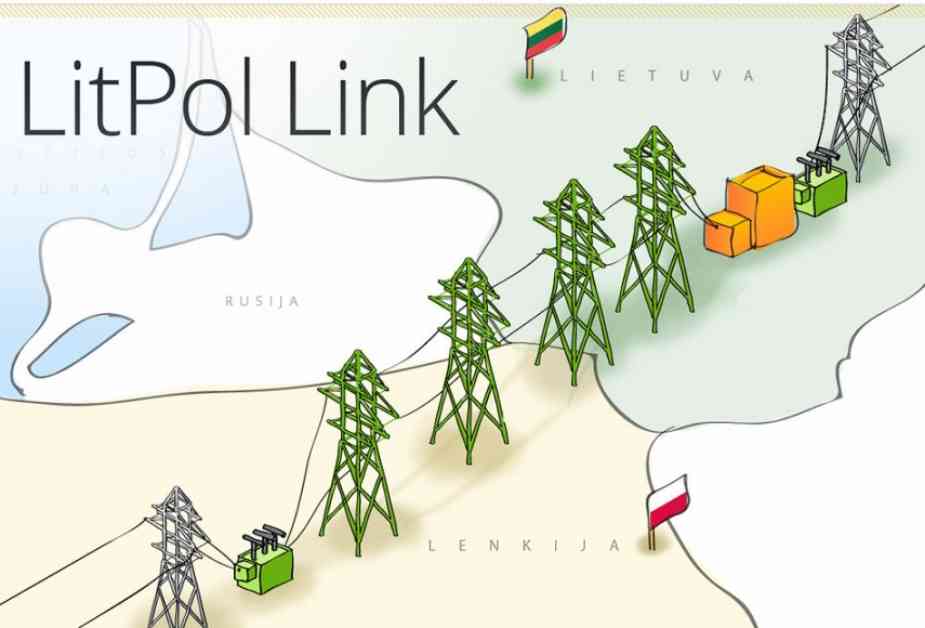Baltic States Prepare to Disconnect from Russian Power Grid by February 8th
In a bold move to enhance their energy security and reduce reliance on Russian electricity, the Baltic States of Lithuania, Latvia, and Estonia are set to disconnect from the Russian power grid by February 8th. The Public Security Service (VST) of Lithuania has already begun implementing stringent security measures to protect crucial power link infrastructure ahead of the planned disconnection.
Enhancing Energy Security Amidst Political Pressure
Since the 1990s, Russia has been known to weaponize energy supplies, using gas prices and shipment denials as tools of political pressure. Following Russia’s invasion of Ukraine, the EU shifted towards alternative gas and oil suppliers, but the Baltic countries continued to rely on Russian electricity. Transitioning to electricity supplied from mainland EU will not only enhance the energy security of the Baltic States but also reduce their vulnerability to political manipulation.
Advanced Security Measures and Anti-Drone Systems
The security transition at LitPol Link facilities was originally scheduled for April but was expedited following an urgent Cabinet approval in early January. VST has deployed advanced anti-drone systems and specialized weaponry to prepare for diverse emergency scenarios, including potential Russian retaliation for rejecting electricity supplies. The NordBalt submarine power cable in Klaipėda connecting Lithuania and Sweden will also be secured as part of the enhanced security measures.
Concerns Over Recent Security Incidents and Hybrid Warfare
The Ministry of Interior Affairs has highlighted recent security incidents involving damaged power and telecommunications cables in the Baltic Sea, raising concerns about the region’s vulnerability. Prime Minister Gintautas Paluckas emphasized the importance of synchronization with European networks for energy and national security, citing clear attempts by hostile states to disrupt the process. Suspected sabotage of the Estlink 2 underwater cable and other telecommunications cables in the region has further underscored the need for robust security measures.
As we witness the Baltic States taking proactive steps to safeguard their energy infrastructure and reduce dependence on Russian electricity, it raises important questions about the broader implications of energy security in an increasingly volatile geopolitical landscape. How will these security measures impact the region’s energy independence and political stability? The move towards European synchronization is a significant milestone in the Baltic States’ quest for energy sovereignty and resilience against external threats.
In a world where energy security is paramount, the Baltic States’ decision to disconnect from the Russian power grid serves as a powerful reminder of the importance of diversifying energy sources and bolstering infrastructure protection. As we navigate the complex web of geopolitics and energy dynamics, one thing remains clear – the need for vigilance and preparedness in safeguarding critical infrastructure against emerging threats.

















